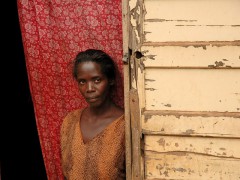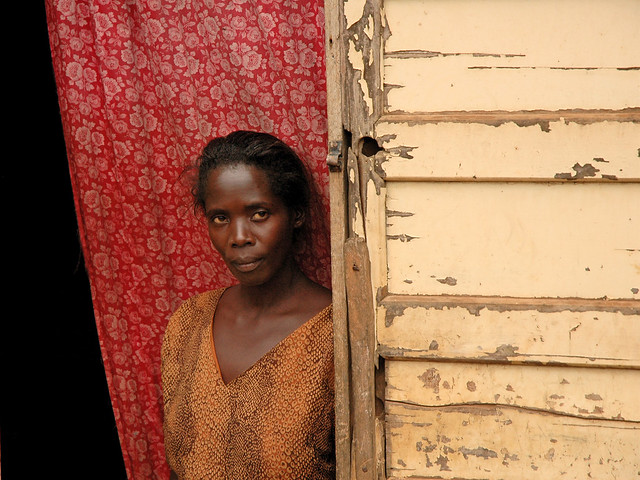Ugandan Women On The Move
World over, women have always worked. But most of their work has been unrewarded. Yet, women too contribute to economic growth. In Uganda, women work as smallholder farmers, school teachers, domestic workers, chief executives, politicians, nurses, volunteers, doctors, taxi drivers, mothers, carpenters; child care workers, and business owners among others.
Four out of every five women in Uganda are employed in agriculture, according to the 2008 Gender and Productivity Survey. This implies most Ugandan women employed in subsistence agriculture. Women, therefore, make essential contributions to the economy. Needless to say, women also contribute to the economy as consumers. They are contributing to growth of Uganda’s GDP.
For the past few decades the voice of women in Uganda has become louder. Women are increasingly playing leading roles in the economic, social and political transformation. They are improving livelihoods across the country. We have women who are engineers, lawyers, editors, doctors, professors, etc. For instance, the Allen Kagina heads the national tax collection body, Uganda Revenue Authority and under her leadership the tax body has performed so well.
Indeed, a report by a consultancy firm Booz & Company states that if female employment rates matched those of men, GDP would increase by 5% in America and 9% in Japan by 2020. A recent article in The Economist said that in the next decade nearly 1 billion women are likely to enter the global labour force.
However, the challenge is that many Uganda women are engaged in unpaid work especially domestic work. Those who are in paid work, the pay is so little that it can hardly enable them live a decent life. It seems women’s economic potential is largely unrealized.
Just as an example, a quote from Isis-WICCE, a women’s rights NGO that I visited recently, captures this dilemma in a candid manner. “If breast milk were given a monetary value, the value of a one year supply of the breast milk of Ugandan women would be 243.8 billion Ugandan shillings or more than 240 million Canadian dollars.” This excludes the time a mother takes care of the child.
A survey on Gender and Productivity by the Uganda Bureau of Statistics (2008) indicates that 46% of the country’s women in the labour force are unpaid while only 18% of men in the labour force are classified as unpaid. This means that women and men have disproportionate access to income.
In most cases, if a woman in paid employment gives birth, her husband will ask her to stop work to take the main responsibility of caring for children and other unpaid domestic chores. Besides, despite the legal provision, most women who work in the private sector are deprived of their rights to full maternity leave. There is need to address the disparities in income and ensure the enforcement of the labour law.
There are considerable differences in women’s and men’s access to and opportunities to exert power over economic structures in their societies. In most parts of the world, women are virtually absent from or are poorly represented in economic decision-making. The World Development Report 2012 argued greater gender equality can enhance productivity, improve development outcomes for the next generation, and make institutions more representative.
In light of these challenges, women in Uganda have formed clubs that mainly aim at lifting their socio-political status. In fact, some hail Uganda as an African model in championing women’s emancipation.
Since the late 1990s the phrase “gender balance” has been a widely used phrase in every social aspect of Uganda communities. Even at village council level, at least a post for women would be and continues to be maintained. In essence it is not just corporate women in Kampala who are conscious of their rights but also women in rural Uganda. Here, it is common to hear women in rural areas reminding the mainly man’s world that “we too have rights”.
As a matter of policy employers in Uganda are required to maintain slots for female workers to appear responsive to gender-related issues. Affirmative action has also been taken in the political and education sectors. On the education front, for example, all female students joining university education at a public university like Makerere are be given additional 1.5 points in order to get as many women enroll for higher education.
In Uganda every district (a main unit of political administration at local government level) has a woman member of parliament to mainly articulate issues affecting women. There are 112 districts in Uganda with a mandatory woman legislator. In fact, the speaker of Uganda’s parliament Rebecca Kadaga represents Kamuli district. However, there are also women who have defeated male-dominated constituencies to directly represent Ugandans in parliament.
Tags: Africa, Allen Kagina, East Africa, economic growth, employment, gender equality, Kampala, labourforce, Parliament, People, Rebecca Kadaga, Uganda, Uganda Revenue Authority, Ugandan shilling, women



